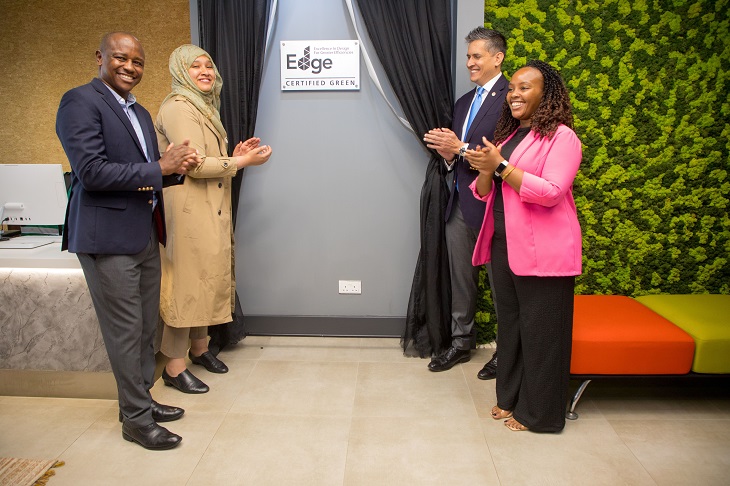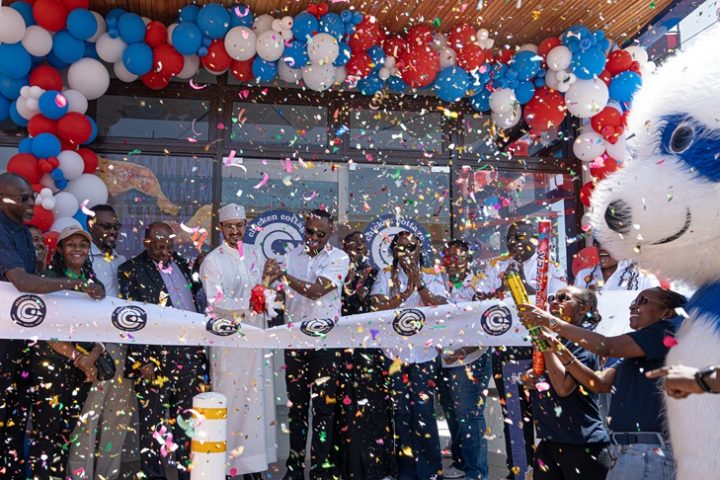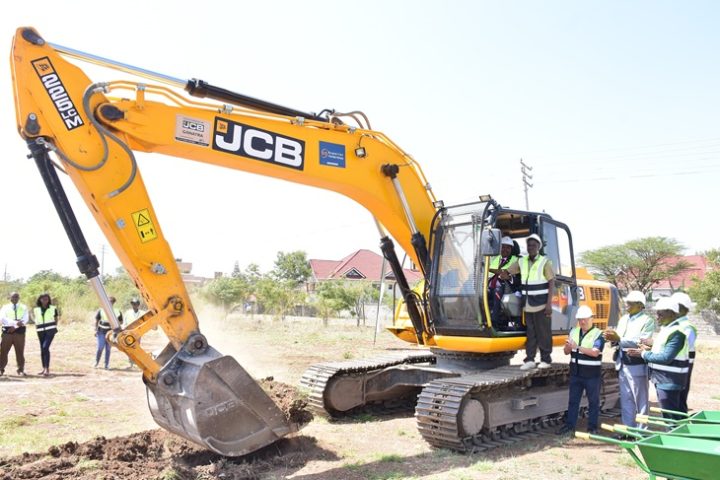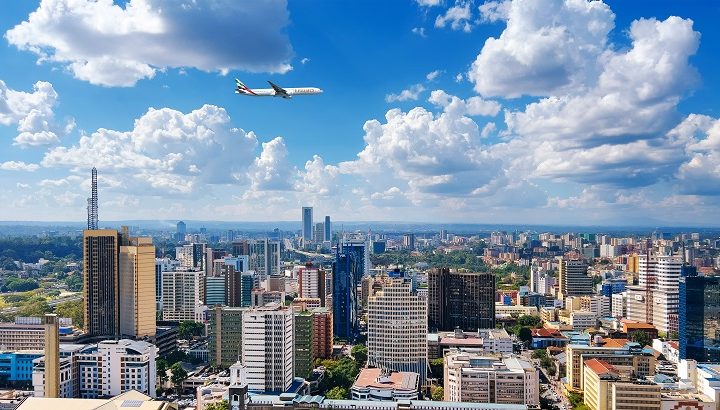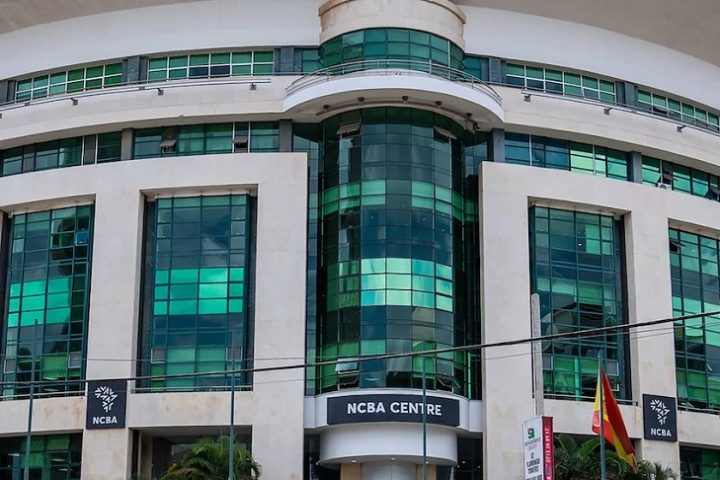The Stanbic Bank Kenya PMI® indicated a mild recovery in business conditions during August as the impact of protests faded, allowing firms to broadly resume normal operations.
Activity levels rose for the first time since May, with new orders also picking up, albeit marginally. Firms also increased their purchases of inputs, whereas employment fell for the first time
so far this year.
Further pressure on import prices and taxation led to the sharpest rise in input costs since February, although overall inflationary pressures remained muted compared to the historical trend. Selling charges also rose at a subdued pace amid some reports of price discounting.
The headline figure derived from the survey is the Purchasing Managers’ Index™ (PMI). Readings above 50.0 signal an improvement in business conditions in the previous month, while readings below 50.0 show a deterioration.
The headline PMI rose from 43.1 in July to 50.6 in August, posting above the 50.0 no-change mark for the first time since May. The reading thereby signaled a renewed improvement in business conditions in the Kenyan private sector.
However, the pace of expansion was only marginal. Kenyan businesses raised their output levels for the first time in three months in August. The rate of growth was moderate and the second quickest in over a year-and-a-half. Where activity increased, survey panelists reported that this was often due to the ending of political demonstrations which allowed them to resume trading and complete new work.
Output increased across three of the five broad sectors covered by the survey, with renewed growth in services, wholesale & retail and construction. By contrast, there were declines in activity across manufacturing and agriculture.
New orders placed at Kenyan businesses also picked up in August, although the uplift was only slight. Some firms continued to highlight weak spending power at customers the marginal rise in sales following a steep downturn in July, firms opted to reduce their staff numbers over the latest survey period, marking the first decline in 2024 so far.
However, firms did raise their purchases of inputs, which was the first expansion in three months. This led to a slight increase in input inventories, supported by a renewed improvement in suppliers’ delivery times.
Cost pressures across the private sector intensified in August due to rises in import fees and tax burdens, according to survey respondents. The rate of overall input price inflation was the strongest for six months, but remained much softer than the historical trend.
Selling prices also rose in August, although the uplift was similarly subdued compared to the survey average. While there were some efforts to pass on higher costs to customers, this was partly countered by price discounting.
Despite an improvement in business conditions, confidence towards future activity levels sank further in August. In fact, the level of optimism was the lowest recorded in the series history (since 2024), with only 5% of companies expecting growth over the next 12 months.
Related Content: How Gen Z Protests Choked Businesses – Stanbic PMI




